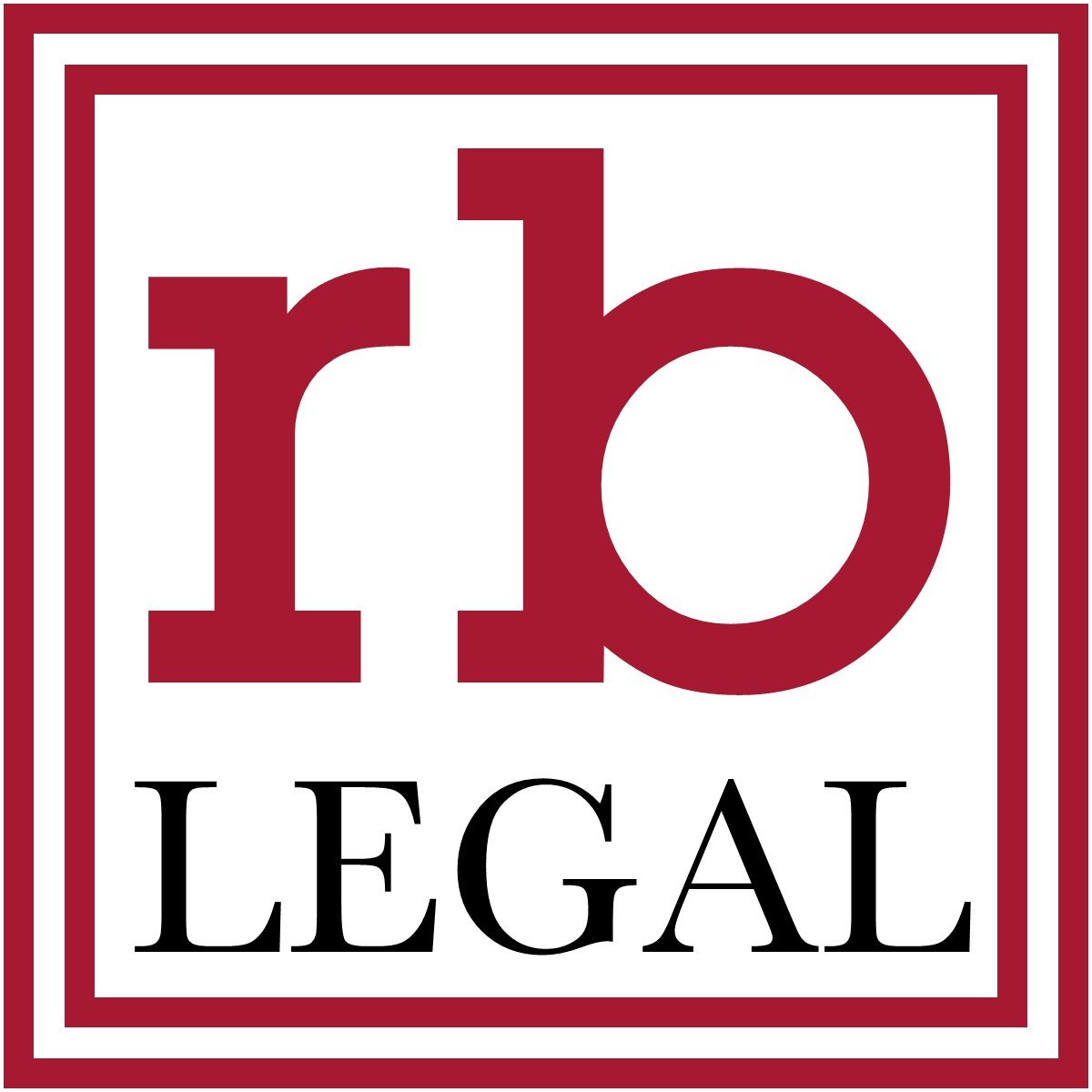A well-drafted liability release can help protect horse owners
Spring has sprung around the country! For many horse owners, warmer weather and daylight savings means more time and opportunity for horsey endeavors. It also means that more friends and relatives might ask if they can come over for a pony ride or a trail ride. Before you saddle up Ginger and Merrylegs to hit the trail or give a pony ride, consider requiring helmets for everyone under 18, and having all adults sign a liability release.
Horse people know that falling off or getting stepped on isn’t a question of “if” so much as “when.” When you let other people handle your horse, you want to protect yourself in case that “when” is serious enough to require medical treatment. A well-drafted liability release does a few things:
· Educates. Your release should inform your friends, neighbors, or relatives that horseback riding is what the legal world calls “inherently dangerous.” Risks include being stepped on, thrown, bitten, bucked off, kicked, and more. Your release should also have a statement about helmets. While you might not require adults to wear helmets while mounted, your release should recommend the use of a helmet and state that a rider who chooses to get on a horse without a helmet assumes the increased risk of head injury that comes with mounting up helmetless. No one under 18 should be allowed to get on a horse without a helmet.
· Gets informed consent. Signing the release is like giving informed consent for medical procedures. The person signing understands that what they are doing is risky, and they choose to do it despite the risk.
· Releases you from liability. Your release should have a paragraph specifically releasing you and your family from any claims by the person signing the release. This paragraph should also waive their right to bring any claims in the future that might be linked to any horse-related activities they take part in on your property.
You might be concerned about someone balking at signing a liability release. Consider presenting the release as a document protecting you from insurance companies, rather than individuals. For example, you can tell your friend or relative, “I’m not worried about you suing me. I’m worried about your insurance company suing me.”
Who should sign the release?
Anyone who is going to be riding or even working with or around horses should sign a liability release. This includes parents whose children are riding – both for themselves and on their child’s behalf. If you have someone taking care of your horses while you are out of town, you might also want them to sign a release in case something happens while you are gone.



